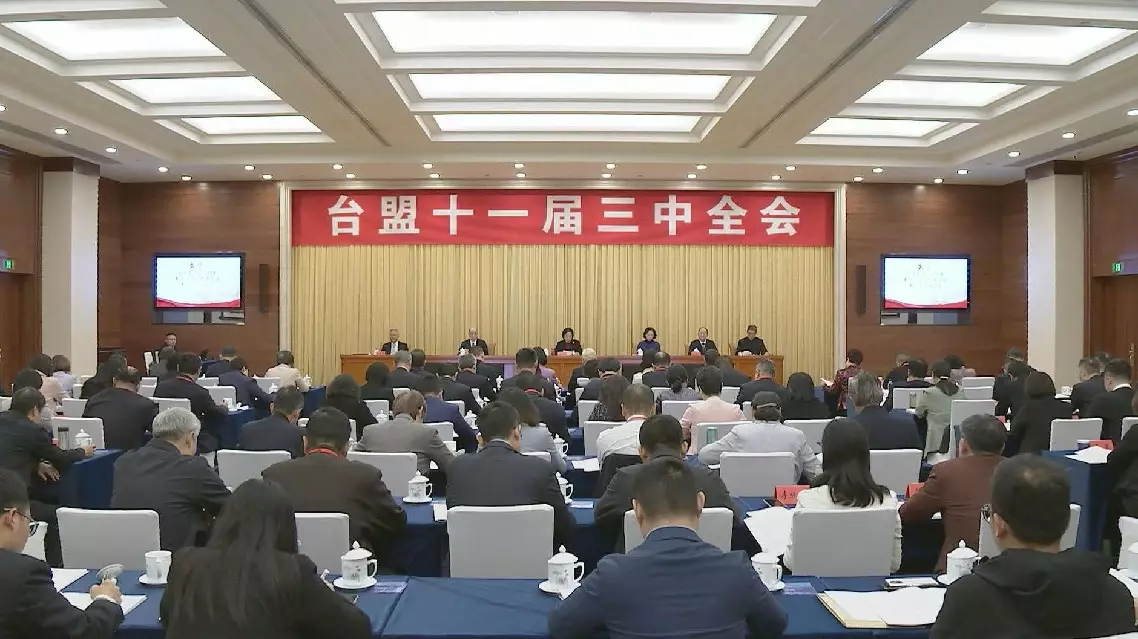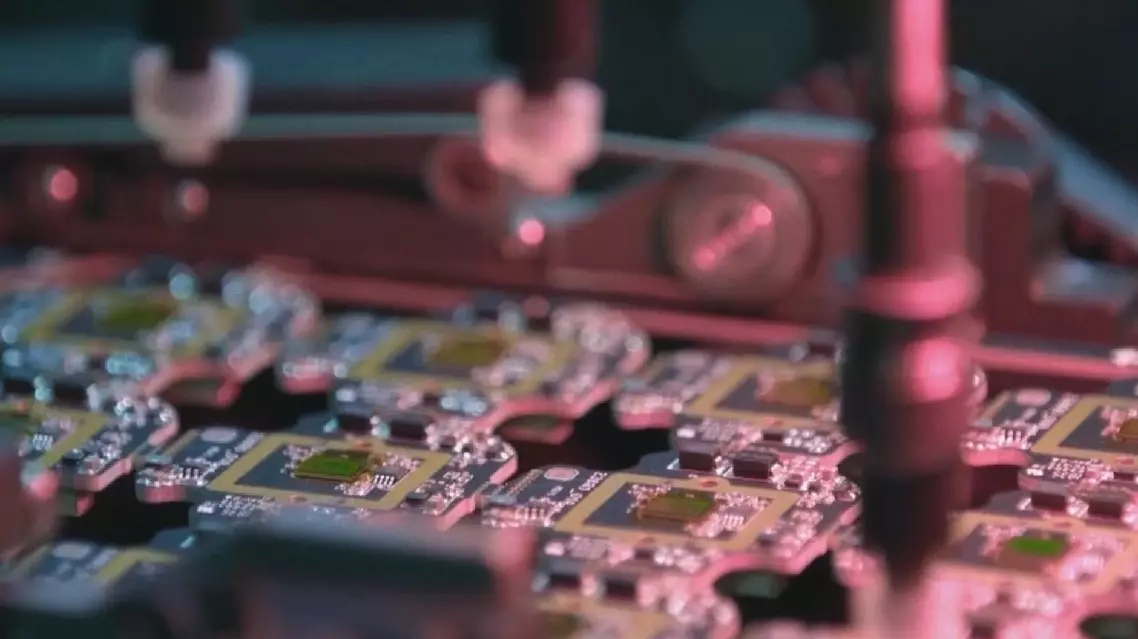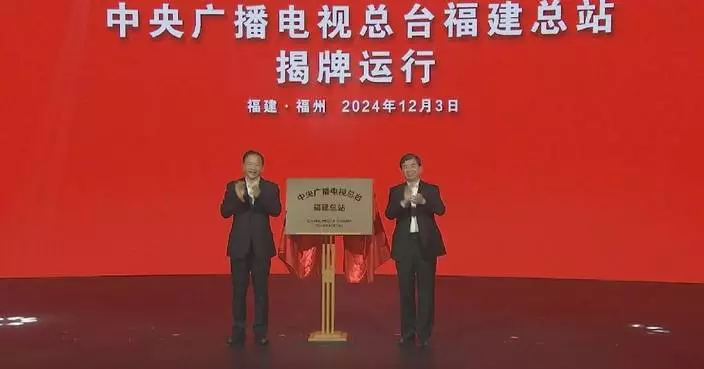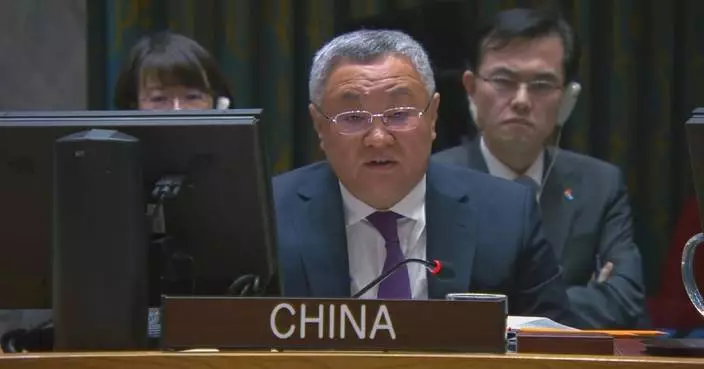The third plenary session of the 11th Taiwan Democratic Self-Government League (TDSL) Central Committee was held in Beijing from Tuesday to Wednesday.
Su Hui, vice chairwoman of the Chinese People's Political Consultative Conference National Committee and chairwoman of the TDSL Central Committee, delivered a work report on behalf of the standing committee of the 11th TDSL Central Committee.
According to the meeting, the work of the TDSL in 2025 will focus on participating in state affairs and fulfilling the duties. The meeting noted that the TDSL will serve the national efforts to further deepen reform comprehensively and advance Chinese modernization, by continuing to leverage its unique advantages of having close ties and kinship with Taiwan compatriots to promote integrated development across the Strait, and perform its duties of participating in deliberation and administration of government affairs, exercising democratic oversight and political consultation under the leadership of Communist Party of China (CPC) with high quality.
The TDSL should thoroughly study and implement the spirit of third plenary session of the 20th CPC Central Committee to reinforce self-building by upholding fundamental principles and breaking new ground, according to the meeting. The TDSL should also focus on better serving the grand cause of building a great nation and achieving national rejuvenation, fulfilling its responsibilities, and making new contributions to advancing the rejuvenation of the Chinese nation through modernization and realizing China's complete reunification, said the meeting.
Founded in 1947, the TDSL is one of the eight non-communist parties in China that participate in state affairs under the leadership of the CPC. Its membership consists of people with links to Taiwan residents.

11th TDSL Central Committee holds third plenary session
Chinese industrial associations have voiced strong opposition to the United States' latest control measures on semiconductor export and urged domestic firms to exercise caution when purchasing U.S. chips.
The U.S. government on Monday announced a new round of export restrictions on China, adding more than 140 Chinese companies to the trade restriction list, involving multiple types of semiconductor products including semiconductor manufacturing equipment and electronic design automation tools.
The Internet Society of China (ISC), the China Semiconductor Industry Association (CSIA), and the China Association of Automobile Manufacturers (CAAM) on Tuesday released statements respectively, saying that the U.S. has once again undermined the long-standing consensus on fairness, rationality and non-discrimination reached by relevant global industries and the WTO's purpose of fair trade, and cautioned Chinese companies against buying U.S. chips.
The ISC stated that the U.S. generalization of the concept of national security and its abuse of export control measures to impose unwarranted blockades and suppression on China have shaken the industry's trust and confidence in U.S. chip products.
The ISC also called on domestic companies to take proactive countermeasures, make careful decision when purchasing U.S. chips, seek to expand cooperation with chip companies in other countries and regions, and actively use chips manufactured by domestic and foreign companies in China.
The CSIA said the U.S. arbitrary control measures against China have caused disruptions in the supply chain and increased operating costs for American companies, affecting the stable supply of U.S. chips and making them no longer secure and reliable, and related Chinese industries have to exercise caution when procuring chips from the U.S.
The CAAM shared the concerns of the ISC and the CSIA, saying that the U.S. government arbitrarily modified regulatory rules, which has seriously affected the stable supply of U.S. chip products and is shaking the trust and confidence of the Chinese automotive industry in procuring chip products from American companies.
The CAAM said it welcomes global chip companies to strengthen collaboration with Chinese automotive and chip enterprises in various aspects, invest in China, engage in joint research and development, and share development opportunities.

Chinese associations caution against buying US chips over semiconductor export control










